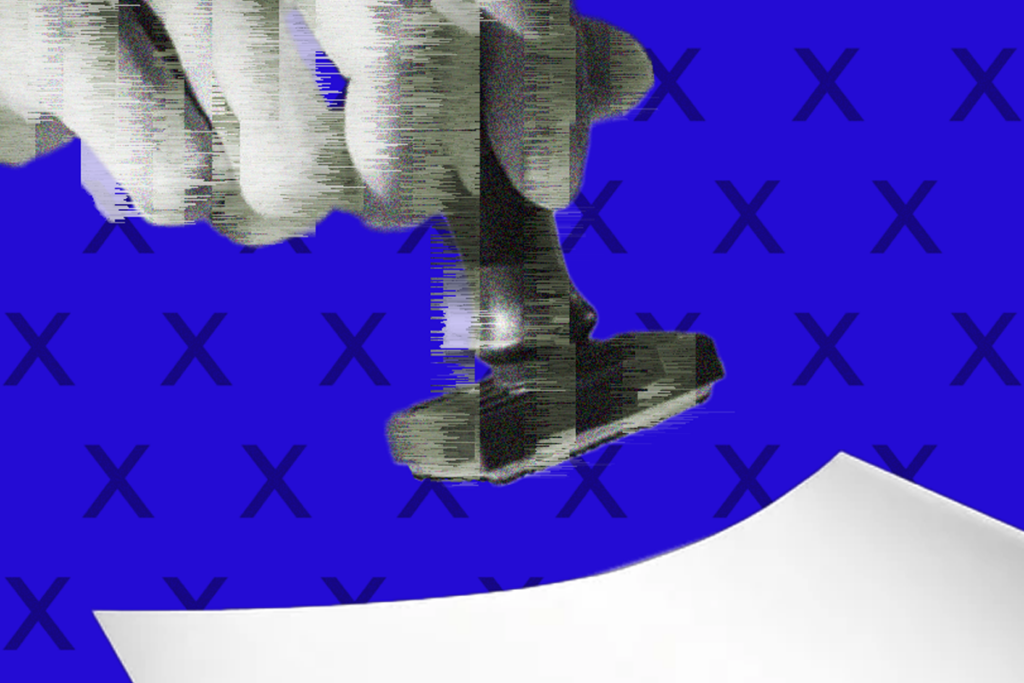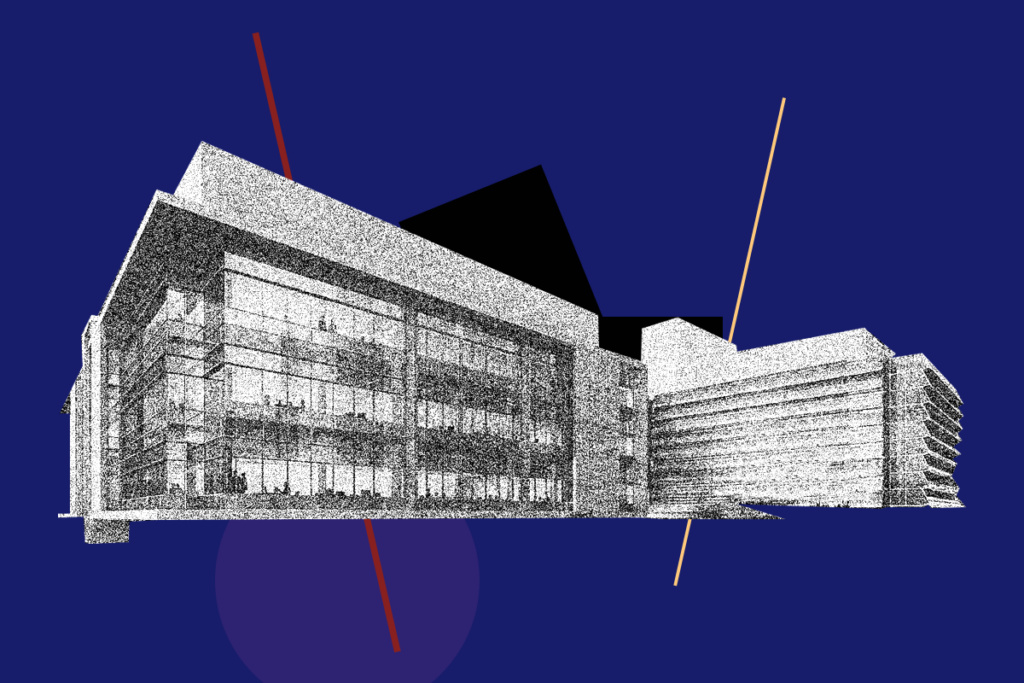Funding and policy
Recent articles
Stories about research grants, funding models and the business of science
Latest
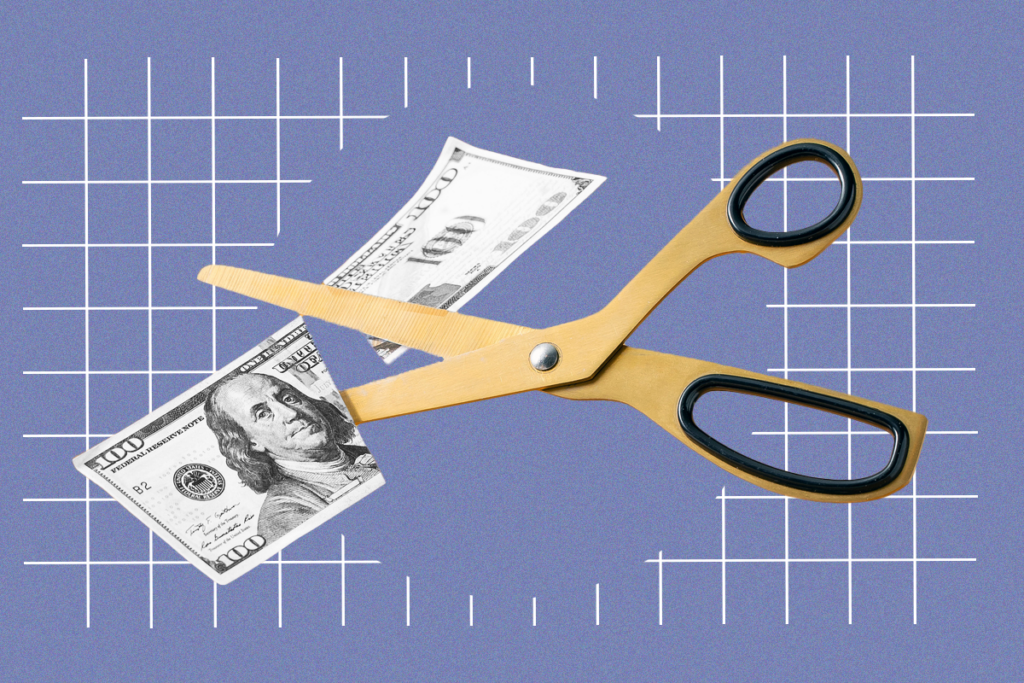
Exclusive: NIH nixes funds for several pre- and postdoctoral training programs
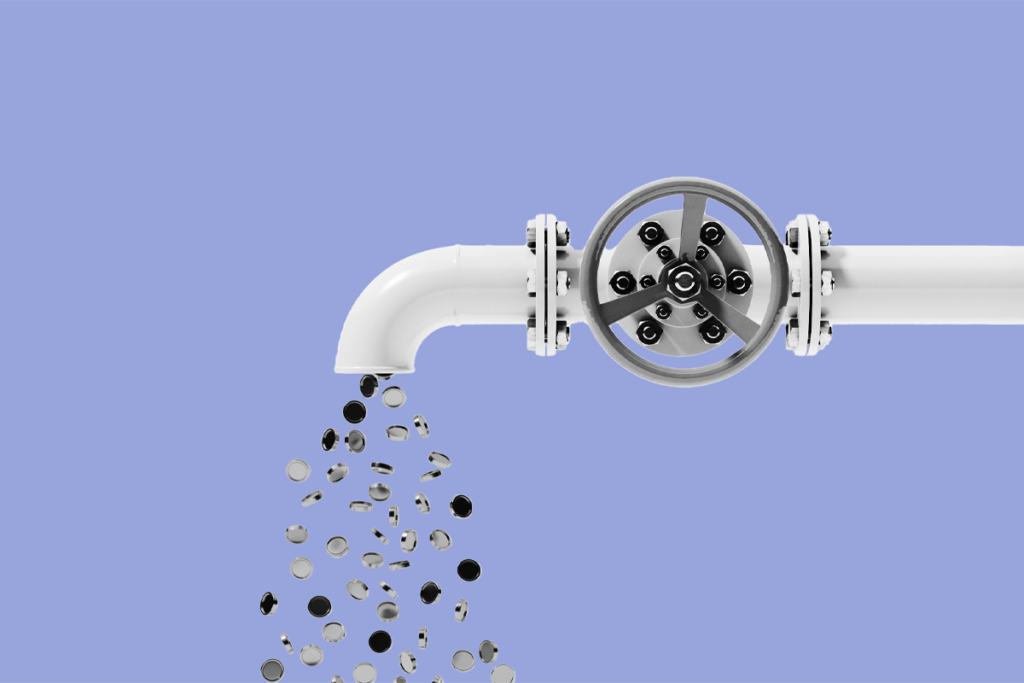
Newly awarded NIH grants for neuroscience lag 77 percent behind previous nine-year average

Five things to know if your federal grant is terminated

Who funds your basic neuroscience research? Help The Transmitter compile a list of funding sources

The future of neuroscience research at U.S. minority-serving institutions is in danger
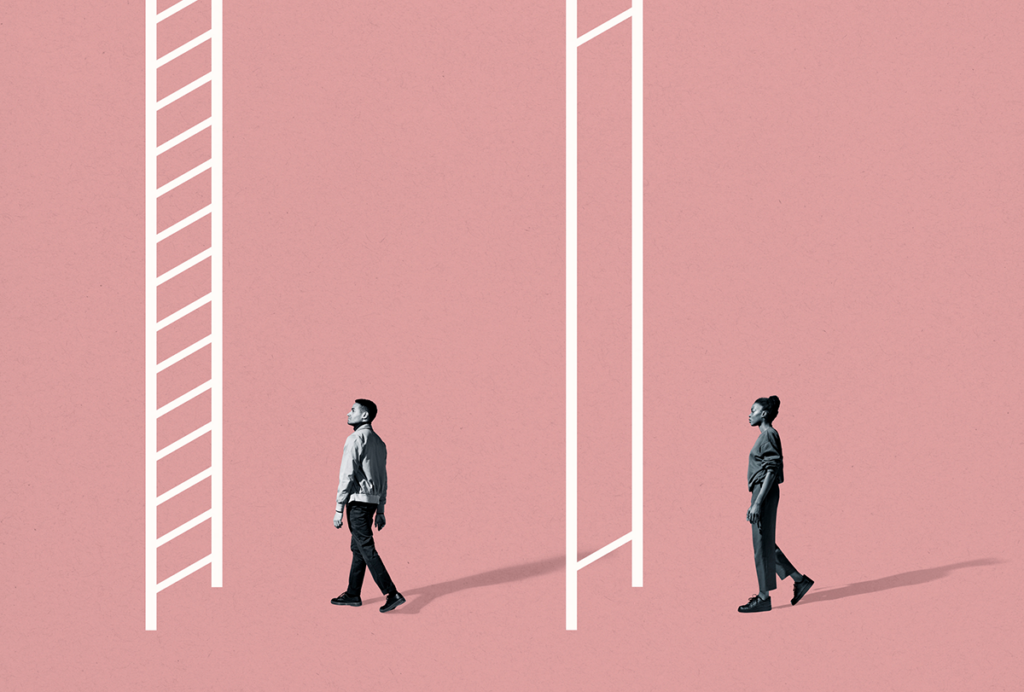
Adapt or die: Safeguarding the future of diversity and inclusion funding in neuroscience

Acting NIH director dismisses five neuroscientists from advisory boards
The letters they received this week did not include a reason for their termination.
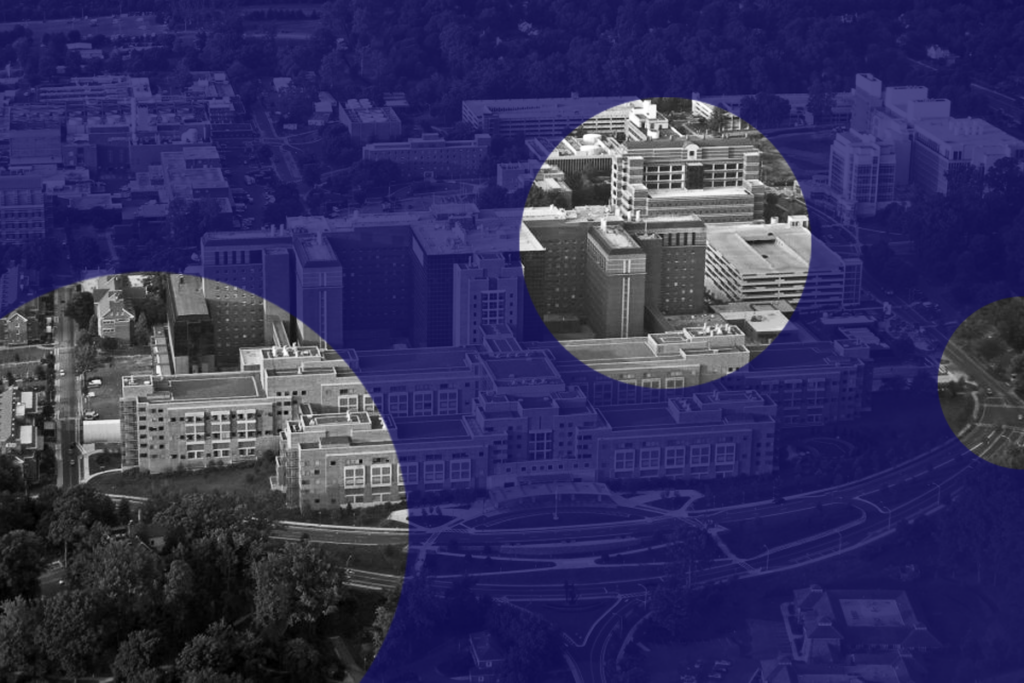
Acting NIH director dismisses five neuroscientists from advisory boards
The letters they received this week did not include a reason for their termination.
U.S. BRAIN Initiative set to lose $81 million this year
A government spending bill, which was approved today by the House of Representatives and heads next to a Senate vote, allocates 20 percent less funding for the program than last year.
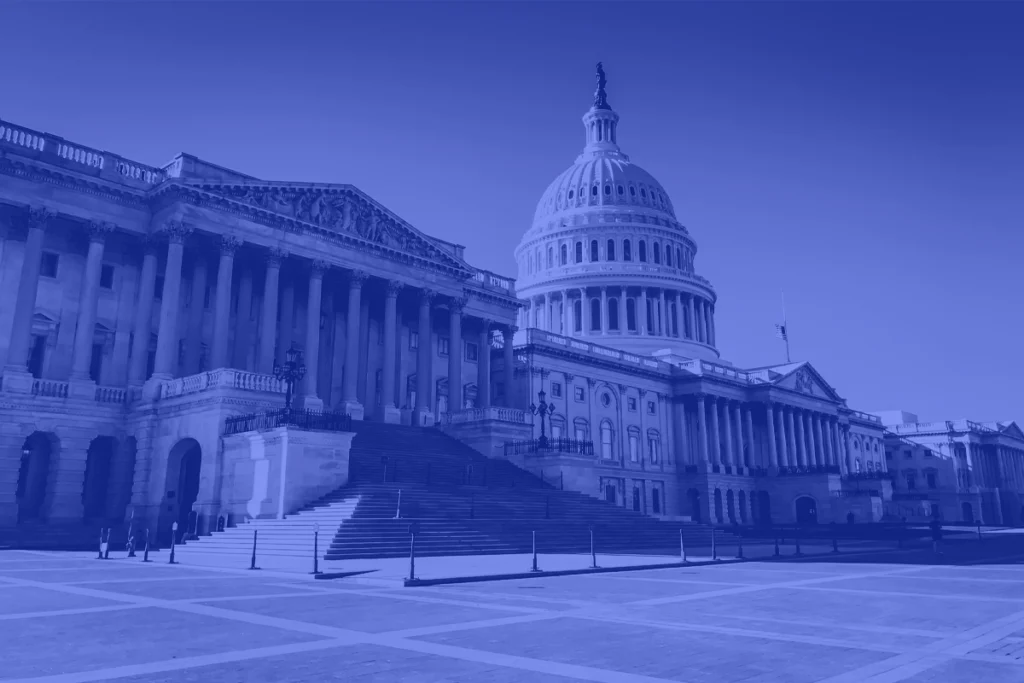
U.S. BRAIN Initiative set to lose $81 million this year
A government spending bill, which was approved today by the House of Representatives and heads next to a Senate vote, allocates 20 percent less funding for the program than last year.
Exclusive: Acting NIH director extends appointments for senior neuroscientists on administrative leave
The change averts termination for the three neuroscience lab heads, who were set to be let go tomorrow.
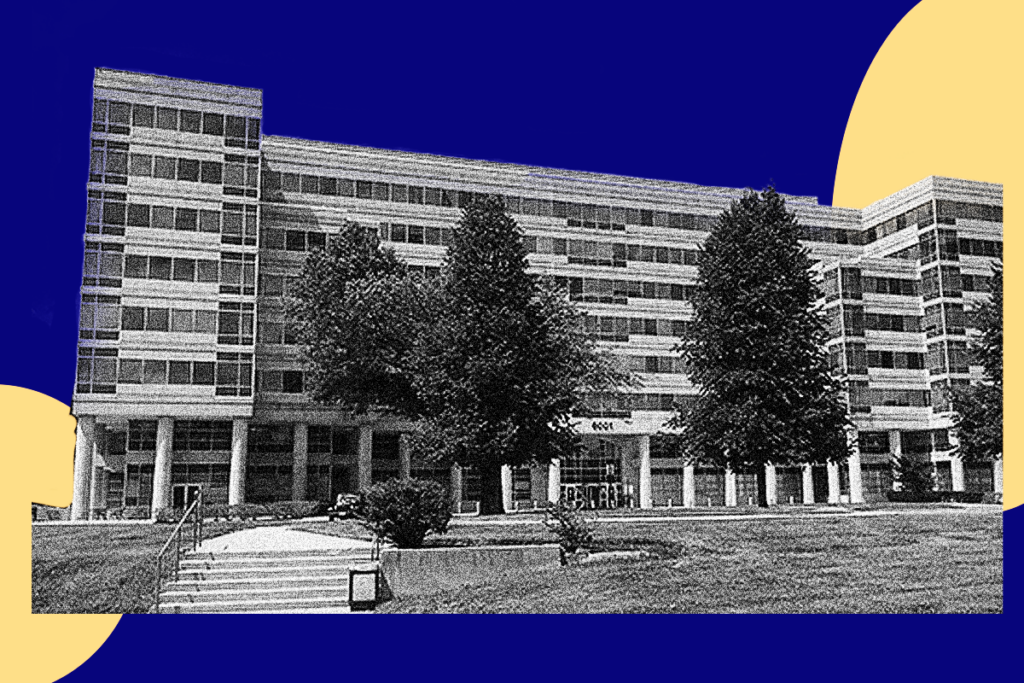
Exclusive: Acting NIH director extends appointments for senior neuroscientists on administrative leave
The change averts termination for the three neuroscience lab heads, who were set to be let go tomorrow.
Amid confusion around U.S. science, some neuroscientists prepare to rally
Eight neuroscientists at different career stages spoke with The Transmitter about whether they plan to participate in the upcoming “Stand Up for Science” demonstrations across the United States on 7 March.
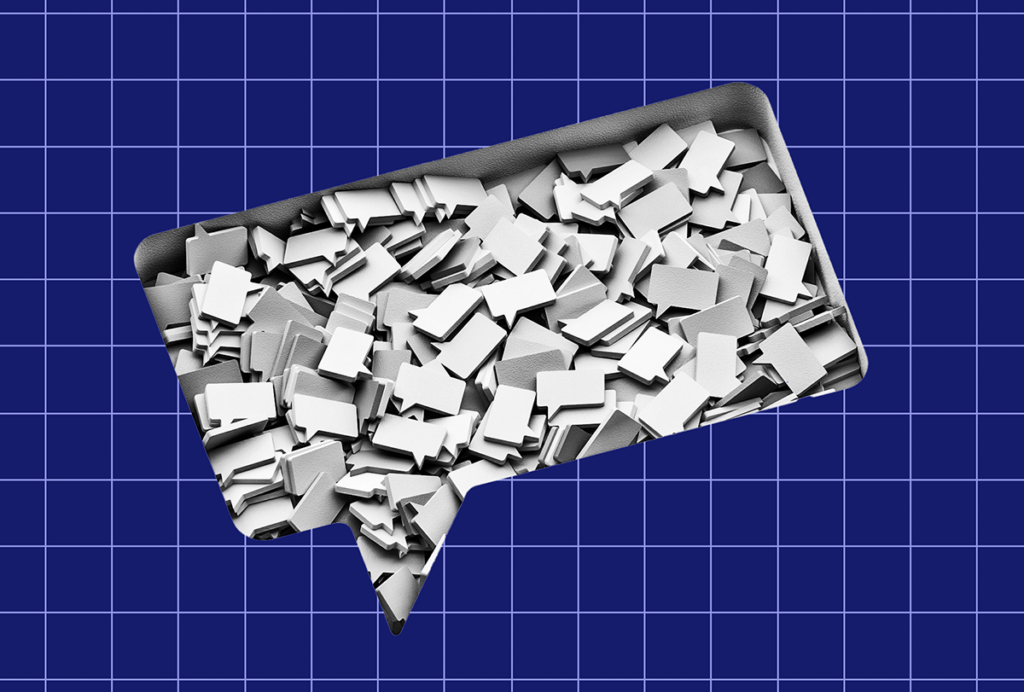
Amid confusion around U.S. science, some neuroscientists prepare to rally
Eight neuroscientists at different career stages spoke with The Transmitter about whether they plan to participate in the upcoming “Stand Up for Science” demonstrations across the United States on 7 March.
Neuroscience Ph.D. programs adjust admissions in response to U.S. funding uncertainty
Some departments plan to shrink class sizes by 25 to 40 percent, and others may inadvertently accept more students than they can afford, according to the leaders of 21 top U.S. programs.
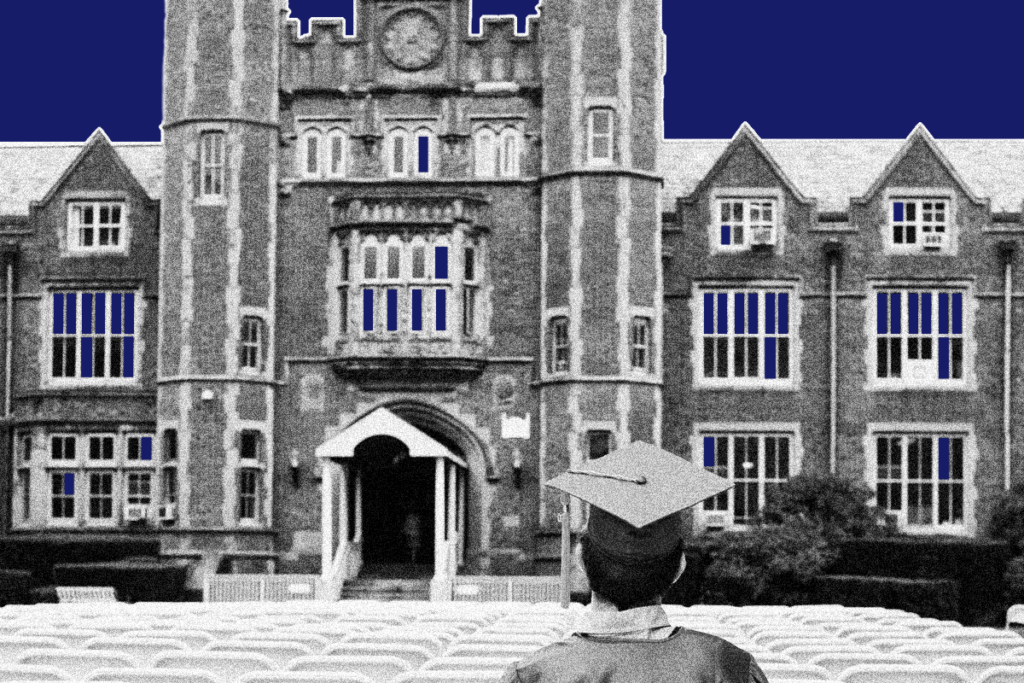
Neuroscience Ph.D. programs adjust admissions in response to U.S. funding uncertainty
Some departments plan to shrink class sizes by 25 to 40 percent, and others may inadvertently accept more students than they can afford, according to the leaders of 21 top U.S. programs.
Explore more from The Transmitter
Smell studies often use unnaturally high odor concentrations, analysis reveals
It’s time to fashion olfactory neuroscience stimuli based on odor concentrations in the wild, say study investigators Elizabeth Hong and Matt Wachowiak.

Smell studies often use unnaturally high odor concentrations, analysis reveals
It’s time to fashion olfactory neuroscience stimuli based on odor concentrations in the wild, say study investigators Elizabeth Hong and Matt Wachowiak.
Developmental delay patterns differ with diagnosis; and more
Here is a roundup of autism-related news and research spotted around the web for the week of 14 April.

Developmental delay patterns differ with diagnosis; and more
Here is a roundup of autism-related news and research spotted around the web for the week of 14 April.
‘Natural Neuroscience: Toward a Systems Neuroscience of Natural Behaviors,’ an excerpt
In his new book, published today, Nachum Ulanovsky calls on the field to embrace naturalistic conditions and move away from overcontrolled experiments.

‘Natural Neuroscience: Toward a Systems Neuroscience of Natural Behaviors,’ an excerpt
In his new book, published today, Nachum Ulanovsky calls on the field to embrace naturalistic conditions and move away from overcontrolled experiments.

